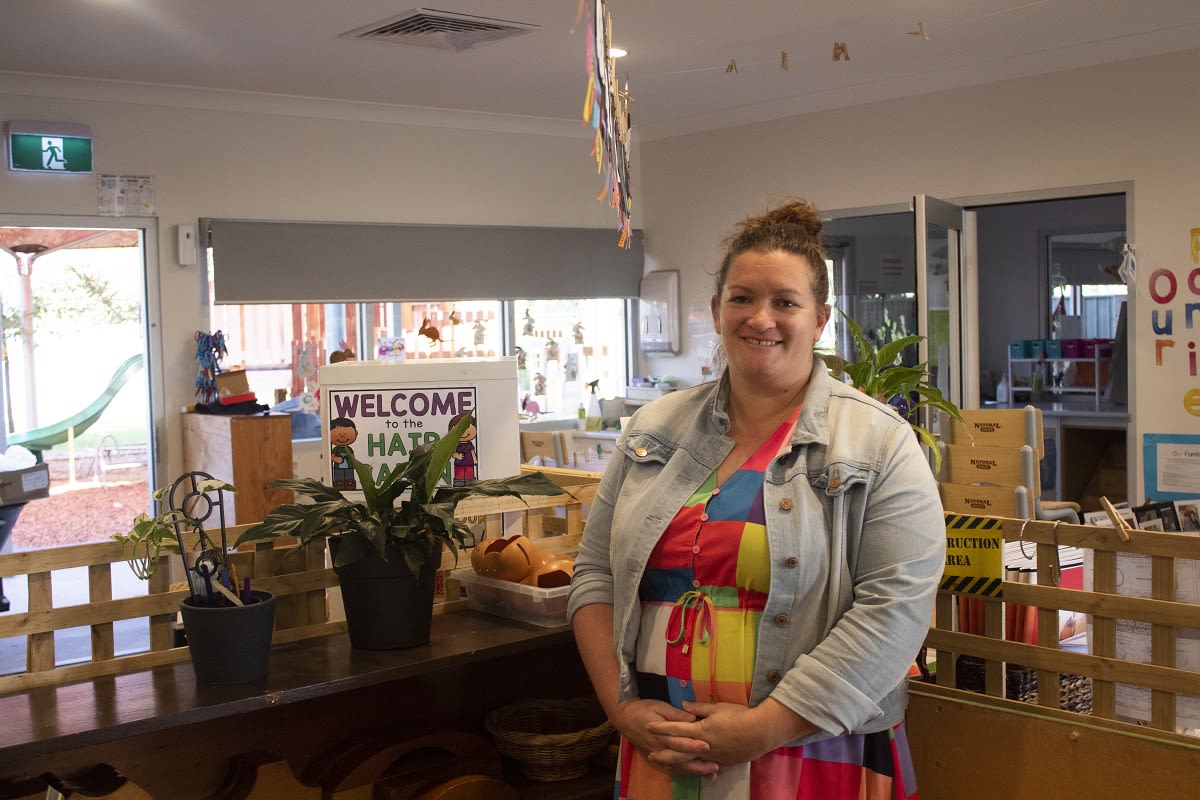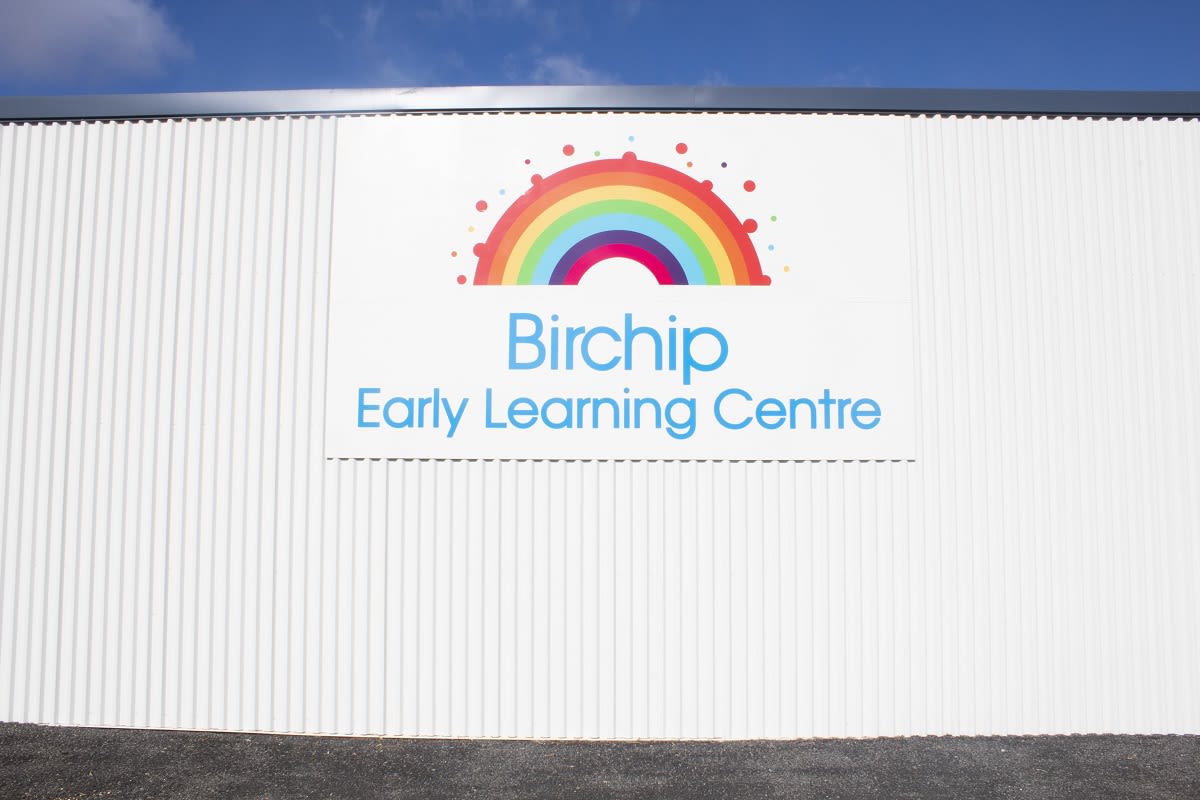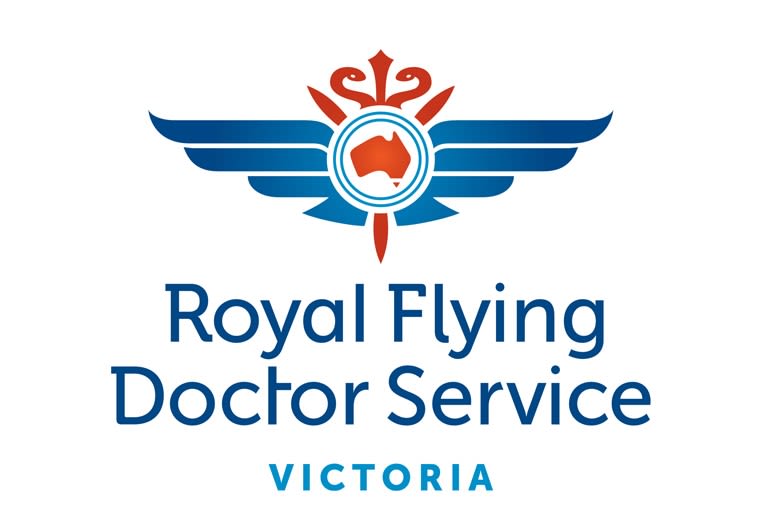A powerful partnership
Just as it can take a village to raise a child, it can take the collaborative efforts of school teachers and local health care providers to help children thrive – as is evidenced by the Flying Doctor Speech Therapy service.

Many rural and remote communities in Victoria and across Australia suffer from a frustrating irony – despite the great need for specialist health care services in their communities, access to these services is typically very limited and harder to come by than in more urban communities.
This is especially true for speech pathology.
It’s a sobering fact that despite 30% of Australians living in rural areas, only 4.5% of speech pathology practitioners provide services to rural communities. Right across rural and remote Victoria, there is a high number of vulnerable children who are in genuine need of speech therapy, and yet there is a severe lack of relevant services available to help them and their families.
The Flying Doctor is fundamentally aware of this significant imbalance between specialist health care services available in rural regions compared to urban areas, which is why in 2018, RFDS Victoria launched its Flying Doctor Speech Therapy service.
I
The importance of local partnerships

For young children with speech and language disorders, early intervention is absolutely critical for ensuring their long-term wellbeing. As kids get older, untreated speech issues can have a real impact on their self-confidence and self-esteem, which in turn can affect their ability to apply for jobs, make meaningful social connections and much more.
“It’s really important to have a strong basis for language and communication, so when kids start school, they have a fantastic understanding of what’s going on around them, what’s being said to them, how to communicate with their peers and their educators,” says Georgia Bartels, the Flying Doctor Speech Pathologist who works across both the Buloke and Loddon Shires, servicing Inglewood and Districts Health Service and East Wimmera Health Service.
For speech pathology services to be successful, it’s crucial that they work closely with local kindergartens and primary schools to ensure that all young kids are receiving the care they need – and Jacinta Bourke, a teacher at the Birchip Early Learning Centre, is incredibly grateful for this growing relationship with the Flying Doctor.
“As soon as I saw Georgia's email, I think I responded within five minutes, because there’s been a chronic need out here [for speech pathology services],” says Jacinta.
“There is just no local service with regards to allied health, particularly pediatric and speech pathology. So having Georgia come out here was high priority number one.”
Jacinta stresses the importance of early intervention for children, noting that when Georgia first came to Birchip, she ensured the entire class was screened – a process which revealed that about 70% of her kids had some level of speech impairment.
These days, Georgia consistently sees about half a dozen students at the Birchip Early Learning Centre, with Jacinta noting that each student’s needs are different and some only need speech therapy for a short period of time. Whatever their needs though, Jacinta has seen first-hand that having a local service provider has made the world of difference.
II
The benefits of a local resource

Before Georgia and the Flying Doctor Speech Therapy service came to Birchip, families had no choice but to travel an hour and a half each way to Swan Hill or Horsham to visit their nearest public speech pathologist. This not only presented problems in terms of the time and cost associated with reaching their appointments, but it also impacted the quality of the speech therapy sessions.
“[These kids] are spending an hour and a half in a car to get to the service, and then the speech pathologist is hoping to have a focused, engaged child for that time, but that’s not always the case,” says Georgia, noting that the further a child has to travel, the more likely they are to be restless and bad-tempered in their sessions.
What’s more, even those families who were able to overcome this barrier of distance would still hit road blocks in the form of lengthy waitlists.
The only other alternative was to see a private speech pathologist – but as Jacinta points out, that’s not always a realistic option.
“Given the high needs of vulnerable families in disadvantaged situations, they're not going to engage with the private speechy because they just can't afford it. So, being able to offer a public service is really crucial.”
In addition to the financial and geographical benefits of having a local speech pathologist available, having the service accessible within a familiar environment can also ensure better outcomes for the kids. As Jacinta explains, by having Georgia see children within the Early Learning Centre when their teacher is present but not their parents can mean that the child is more engaged.

“As important as it is to have the family there, they can sometimes be a distraction too,” says Jacinta. “Georgia certainly catches up with the families, and always provides reports and follow ups, but a lot of the time, having these sessions within the early learning program [can be particularly effective], as you can have social games and support the child’s social development as well.”
On that note, Jacinta notes she has seen her kids go leaps and bounds since Georgia came to her classroom, especially in terms of their confidence.
“I think a lot of the time, the kids are so worried [about their speech abilities] that they just don't talk, because they might not know how to articulate themselves, or they might not understand the other kids.
“And I think that's the key thing for a lot of families to understand; it's not just the expressive language, it's the receptive as well. And then there's the pragmatic language skills. Having a delay in language and communication can impact on all these other learning outcomes.”
It’s this teamwork between speech pathologist and teacher that Jacinta feels is so crucial to seeing children in communities like Birchip overcome these communication barriers.
“We can say things from us as teachers, but it's always helpful to have another voice that has got the training in that particular area to offer their opinion.
“Having a service like what the Flying Doctor provides is just so important.”

Today, Flying Doctor Speech Therapy is available in a number of communities across the Mallee and the Wimmera, including Birchip. For more information about this service, please head to our website.

